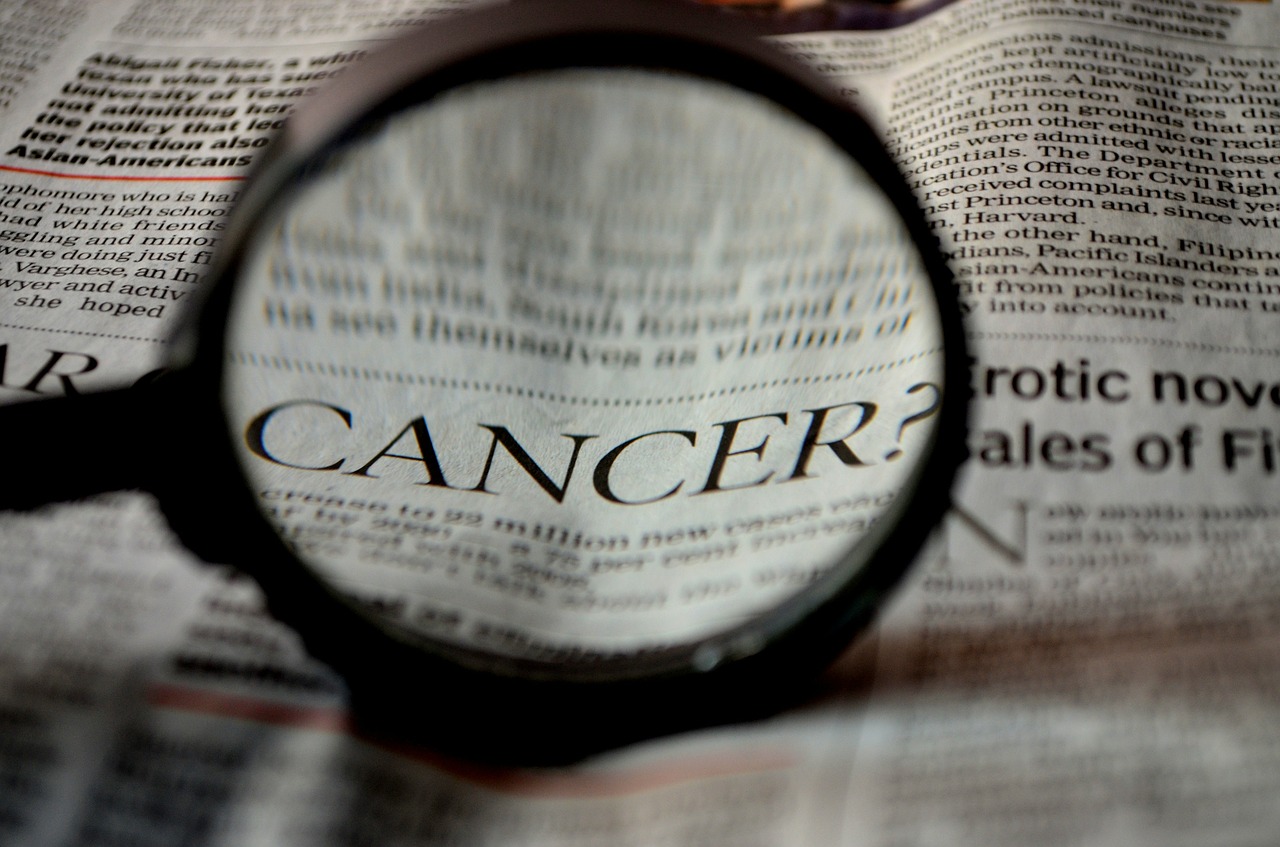A woman who experienced unnatural menstrual bleeding and a lot of pain in the abdomen for years was diagnosed with terminal uterine cancer. The U.K.-based mum-of-two is now urging other women to report their health concerns at an early stage to avoid potentially dangerous consequences.
Kelly Pendry, 42, told BBC that she started having “heavy, prolonged periods” in 2016 and it wasn’t until 2021 that doctors positively determined she had uterine leiomyosarcoma.
Leiomyosarcoma is a type of cancer that targets the smooth muscle tissues predominantly found in the digestive tract, urinary system, blood vessels, and uterus.
Pendry, of Ewloe, Flintshire, said her diagnosis was delayed as doctors failed to understand what the symptoms indicated at first and advised her to pop contraceptives and even anti-depressants at the initial visits to the clinic. “Your body does take a while to normalize [after pregnancy]” Pendry recalled a doctor telling her. She said, at some point, she herself started to believe it was all in her mind. “I felt like I was a drama queen,” she told BBC. “I felt like I was overthinking it, I felt like ‘is this in my head a bit, is this stupid?'”
But Pendry’s condition progressively worsened. “I was some days doubled over in pain”, she said. “The days I wasn’t bleeding were less than those I was. I was gaining weight without explanation. I had this really, really swollen tummy.”
Finally, in April 2020, a locum GP first gave some serious consideration to her suffering after feeling lumps in her abdomen. “For the first time, someone validated something,” she said. “He said, ‘How are you even coping?’ I said, ‘I’m not’.” In November of that year, Pendry was diagnosed as having some noncancerous growths in her uterus and was told to undergo a hysterectomy, but her follow-up appointments were largely impeded by the pandemic and the surgery never happened.
The untreated fibroids, therefore, multiplied over time, and by June 2021, she was left looking like nine months pregnant and bled every day. It was then that doctors considered the possibility of sarcoma, but the identification of the disease was pending a lung biopsy in November 2021, by which period her cancer developed into stage four and terminal.
“I was told by a nurse not to make plans for Christmas,” she said.
Pendry said she asked an oncologist to buy her some time so that she doesn’t miss out on things dearly important to her, like her children’s milestones. “I said, ‘I can’t bear the thought of not being around for [the children’s] milestones’, silly things like first boyfriends, girlfriends, proms. “At the time, I thought, I’m not even going to see them go to double digits,” she said. After braving six grueling chemotherapy sessions, she got what she wanted: time.
Pendry said after almost a year since she had finished treatment, she still faces side effects from hormone inhibitors including tiredness, hot flushes, aches, and pains. However, those are “nothing in comparison” to the kind of pain she had before. “We have had stability for a year,” she said, “but we know this thing can just turn, and it can turn very quickly”.
Pendry is living with stage four cancer, with hysterectomy no longer possible. “The line seems to be, my cancer is stage four, and surgery is not used to prolong life.”
Pendry has shared her story in hopes that it enlightens others. Her husband, meanwhile, has set up a Facebook page to raise funds for her treatment in the U.S.


